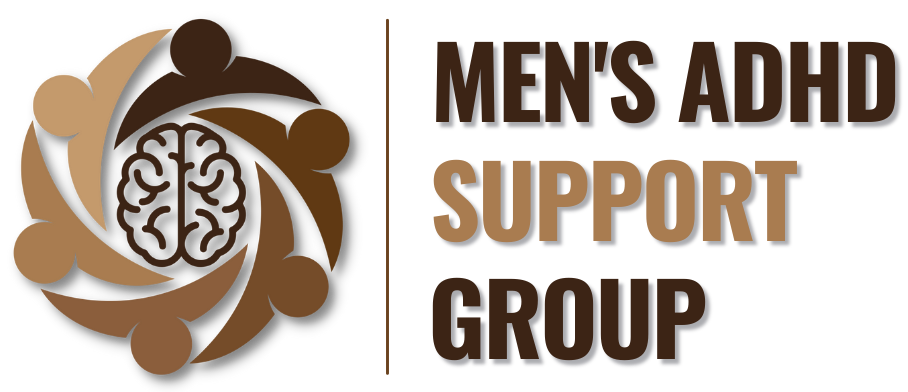ADHD Doesn’t Define You: Understanding Procrastination
For those of us living with ADHD, procrastination can be a huge hindrance in our lives. It’s like a race against time where we can’t even get off the starting line. This is especially true for those of us with ADHD. But the good news is - understanding the root of procrastination can help us combat it and mitigate the worst aspects of it.
Procrastination, with its roots in the various differences of our ADHD brains, often leads to a sense of paralysis that stops us in our tracks. This struggle doesn’t just confine itself to one area, it seeps into all corners of our lives - friendships, jobs, even health. In many cases, we find ourselves staring blankly at the TV, or doing anything but what we’re supposed to be doing. We have to learn not to view this as a badge of shame; rather, we need to see it as a distress flare. It’s a sign of overwhelming feelings, triggered by issues ranging from a sense of inadequacy, to an unending hunt for perfection, or a feeling of a lack of support. Acknowledging this is the first stride towards effectively handling it.
A common pitfall is when we compare ourselves to others. We see them ticking off tasks effortlessly and question why we can’t do the same. On top of this, when we are tired, and our body is trying to rest, then we feel shame and guilt because of this unfair comparison, which completely negates the rest that we need. However, as ADHD expert Dr. Russell Barkley says, “ADHD is not a problem of knowing what to do, but of doing what one knows.” So, instead of comparing ourselves to others, we should work to understand our unique strengths and use them to our advantage. We can’t compare our progress to others out of context. We need to make sure that we are doing our best to review our progress objectively, based on our own capabilities, not others.
During my corporate days, I found a helpful trick - planning for procrastination. I asked my bosses to tell me the project deadline was three days earlier than it actually was. This gave me the wiggle room to finish my tasks without the added stress. I also asked for objective feedback from those around me so that I could have a better understanding of my actual performance. This helped me with the shame and guilt that I sometimes felt when I recognized that I needed rest. Which turned into the rest I needed to be more productive. As a result, I managed to get a lot more done with less stress and valuable knowledge about my capabilities.
Along with this, it was crucial to reset my expectations. As Dr. Edward Hallowell, another well-known ADHD expert, advises, “Do not let perfect be the enemy of good. Be happy with good enough.” This revelation helped me counter the belief that we have to do everything perfectly. It was so pervasive that there always seemed to be so much work that I couldn’t see how to finish. I would invariably notice the simple grammatical mistakes, or attempt to constantly optimize processes, and often overthink or over-complicate solutions. Something would always come up, and I would just lock up and start to feel burnt out. However, by learning to get feedback from those around me, I began to understand that my definition of "good" was often better than I thought. I learned that incremental change over time is more effective and sustainable than striving for perfection.
Finally, I got used to asking for help, which as a man was a huge struggle. As a project manager I also learned the value of delegation - handing things off to those who were better suited for the work and actually enjoyed those things I hated. We often feel as if we do not have any support or help, which makes us think we should do everything on our own. However, asking for help is not a failure. ADHD coach Nancy Ratey hits the nail on the head when she says, “Recognize when you’re stuck and learn to ask for help. Outsourcing is a strength, not a weakness.” By delegating tasks or asking for help, I not only reduced my workload but also improved the overall quality of the work. This not only helped me not feel like I was alone and on my own, I also learned to find people I could trust to help me with other aspects of my business.
Understanding ADHD gives us the power to fight procrastination. By recognizing it as a SOS from our mind, rather than a badge of shame, we open the path to more productive ways of managing it. We have to learn to celebrate our strengths, not compare ourselves to others. Implementing tactics like planning for procrastination, actively seeking feedback, and crafting realistic expectations can help us achieve sustainable goals. We must remember, leaning on others for support or delegation isn’t a sign of defeat, but a key to navigating intricate hurdles. In closing, ADHD doesn’t define who we are. It may be a part of our lives, but it doesn’t have to be a roadblock to our success and purpose.
Shane Thrapp is a Certified ADHD Life, Relationship, and Career Coach.
Through his business, Creating Order From Chaos, he has helped hundreds of people find their paths through the chaos of life with ADHD and find their order and purpose.
He is also the Operations Director for our nonprofit Men’s ADHD Support Group, a board member for the Inattentive ADHD Coalition, and a public speaker who works to be a voice in advocacy for adult ADHD awareness.
If you want to help support our efforts, then please consider donating or volunteering so that we can keep Inspiring, Educating, and Empowering men to thrive with their ADHD.

